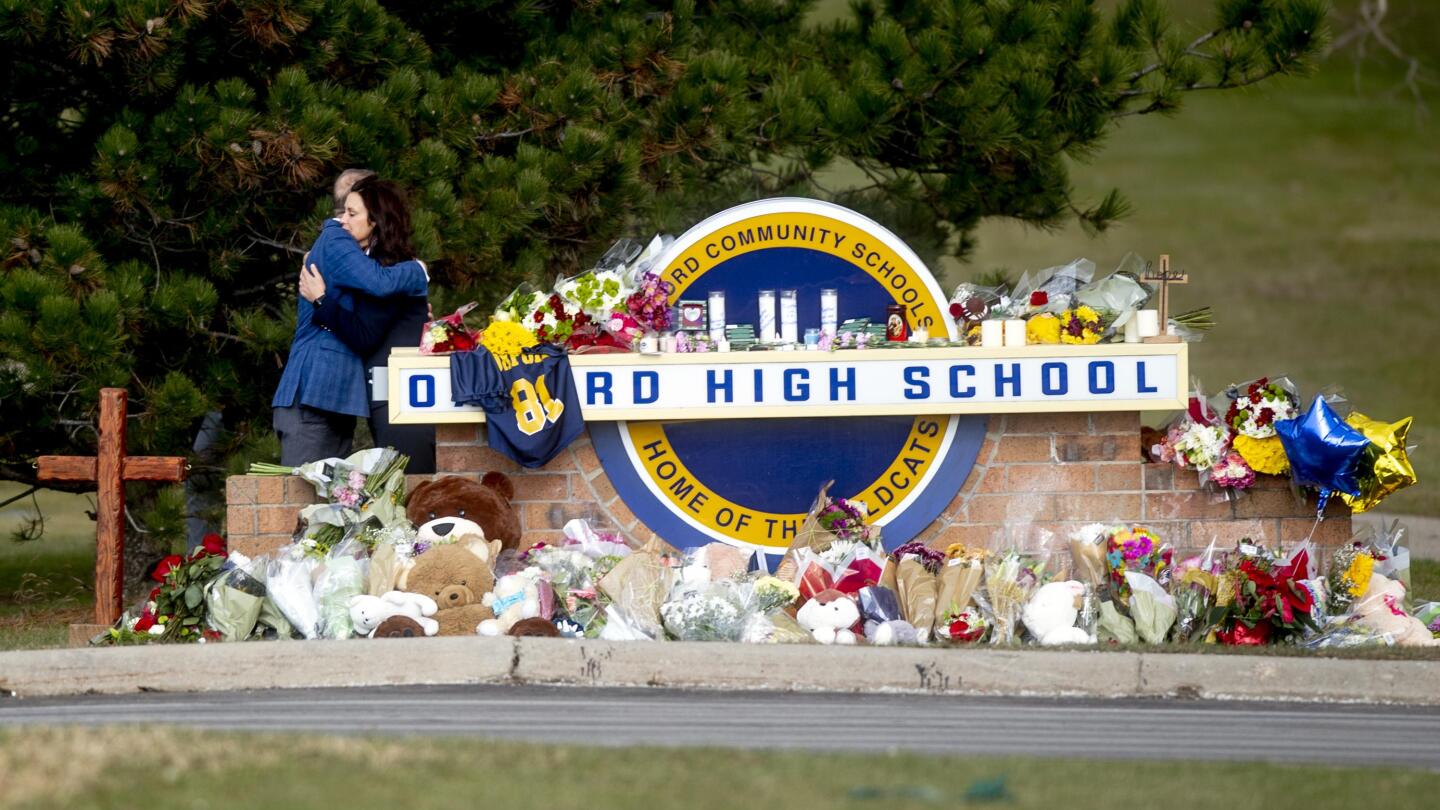A final comment on the M parents and school board. In the law there are two types of causation -- "but-for" and "proximate". But-for causation is literally anything that ultimately leads to the criminal act. "But for" a criminal getting out of bed this morning the crime wouldn't have been committed. We don't punish based on "but-for" causation We punish on "proximate" causation or "legal causation" -- that is, were your acts close enough in time and with the requiste intent to be fairly attributed as the cause such they we, as a society, can punish you. An important element in this assessment is intent.
In the law there are essentially 4 categories of intent:
Strict liability -- no intent required
Negligence -- you were careless -- you might not have know about the risk, but you should have
Reckless -- you consciously disregarded a known risk
Intentional -- self-explanatory
I don't think we ever punish beyond a misdemeanor for strict liability crimes. Those are even rarities in civil law.
We rarely punish for negligence in terms of jail time. We usually leave the civil system to address negligence. First, and foremost, we generally want to put "bad" people in jail, not doofuses. We ant to make doofuses pay civil damages.
We punish reckless all the time. I would reckon that's the standard for Involuntary Manslaughter in Michigan. You might not have intended for the result to happen, but you knew of risk and consciously disregarded that risk and the criminal act occured. This is sometimes referred to a criminal negligence.
I don't think Michigan's manslaughter statute punishes for mere negligence. It has to be reckless. So the evidence that you have to marshall together is that the parents (or school) knew that the murderer was a risk to kill someone and consciously disregarded that risk in a material way. I'm not familiar with M caselaw on the types of duties folks incur when they are made aware of a risk, but I'd bet last dollar that they are generally not required to "do something." However, if you know someone wants to go shoot up something AND you have the power to remove the weapon from that person you probably have to act.
So, in this case, the question will be how "known" was the risk. It can't be a "should have known" -- that's negligene. It has to be a "known." That's why these cases should be rarely prosecuted and why this case may end up being unique. Most parents of kids who shoot someone don't specifically know what they're planning. And that goes for a school shooter or a kid on the southside of Chicago. And to be clear, you don't need to "know" of the specific plan -- "knowing" that your kid really wants to shoot someone would suffice -- or rather, it'd be a sufficient basis for the jury to convict if the jury saw it that way.
I don't really give a flying fuck what people think the law should be -- this is what the law is.
In the law there are essentially 4 categories of intent:
Strict liability -- no intent required
Negligence -- you were careless -- you might not have know about the risk, but you should have
Reckless -- you consciously disregarded a known risk
Intentional -- self-explanatory
I don't think we ever punish beyond a misdemeanor for strict liability crimes. Those are even rarities in civil law.
We rarely punish for negligence in terms of jail time. We usually leave the civil system to address negligence. First, and foremost, we generally want to put "bad" people in jail, not doofuses. We ant to make doofuses pay civil damages.
We punish reckless all the time. I would reckon that's the standard for Involuntary Manslaughter in Michigan. You might not have intended for the result to happen, but you knew of risk and consciously disregarded that risk and the criminal act occured. This is sometimes referred to a criminal negligence.
I don't think Michigan's manslaughter statute punishes for mere negligence. It has to be reckless. So the evidence that you have to marshall together is that the parents (or school) knew that the murderer was a risk to kill someone and consciously disregarded that risk in a material way. I'm not familiar with M caselaw on the types of duties folks incur when they are made aware of a risk, but I'd bet last dollar that they are generally not required to "do something." However, if you know someone wants to go shoot up something AND you have the power to remove the weapon from that person you probably have to act.
So, in this case, the question will be how "known" was the risk. It can't be a "should have known" -- that's negligene. It has to be a "known." That's why these cases should be rarely prosecuted and why this case may end up being unique. Most parents of kids who shoot someone don't specifically know what they're planning. And that goes for a school shooter or a kid on the southside of Chicago. And to be clear, you don't need to "know" of the specific plan -- "knowing" that your kid really wants to shoot someone would suffice -- or rather, it'd be a sufficient basis for the jury to convict if the jury saw it that way.
I don't really give a flying fuck what people think the law should be -- this is what the law is.

Comment